The Plan for Pitt: Engage in Research of Impact
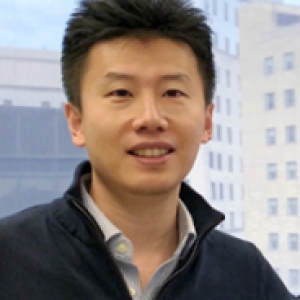
Wednesday, May 26, 2021
Promising early data suggest that this approach can provide a convenient and cost-effective therapeutic option to control the coronavirus pandemic.

Wednesday, May 26, 2021
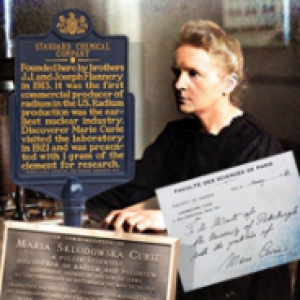
Wednesday, May 26, 2021
A century ago, Pitt played host to the world’s foremost female scientist, Marie Curie. But Pitt’s connections to the two-time Nobel Prize winner’s work go far beyond the honorary doctoral degree she received.

Wednesday, May 26, 2021
As the U.S. government prepares to share an unclassified report on “unidentified aerial phenomena,” we asked Pitt experts to weigh in on the science, politics and psychology of aliens and extraterrestrial spacecraft.

Tuesday, May 25, 2021
During pregnancy, patients are uniquely engaged in health care, making it a perfect window of opportunity for screening and treatment for hepatitis C, says Pitt’s Catherine Chappell.
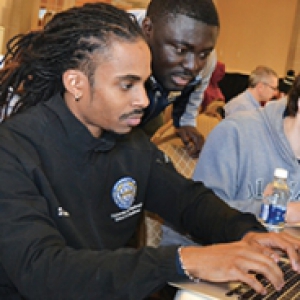
Monday, May 24, 2021
Canceled rotations, delayed exams, virtual residency interviews … little transpired as it normally would for the med school’s Class of 2021. Meet seven newly minted Pitt MDs who persevered.
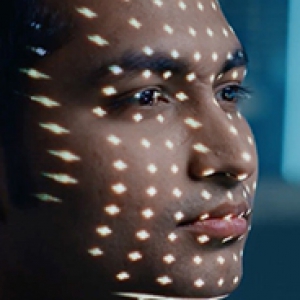
Monday, May 24, 2021
Using a protein found in algae, a new technology partially restored the sight of a completely blind man. He can now locate, identify and count objects using the treated eye while wearing specialized goggles.

Friday, May 21, 2021
Meet Eleanor “Nora” Mattern, chair of the upcoming Year of Data and Society initiative.
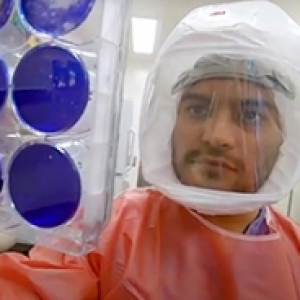
Thursday, May 20, 2021
In the latest Pitt Perspective, see how the University is fighting COVID-19 by questioning conventional wisdom and finding new approaches to research, treatment and vaccine development.
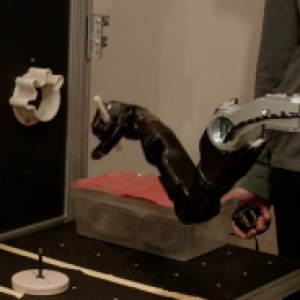
Thursday, May 20, 2021
In a study published today in Science, a brain-computer interface user was able to transfer objects with a mind-controlled robotic arm at twice the speed compared to prior studies.

